Divorce is never easy—but when you still love him, it feels like your heart is caught in a storm. How do you move forward when emotions keep pulling you back?
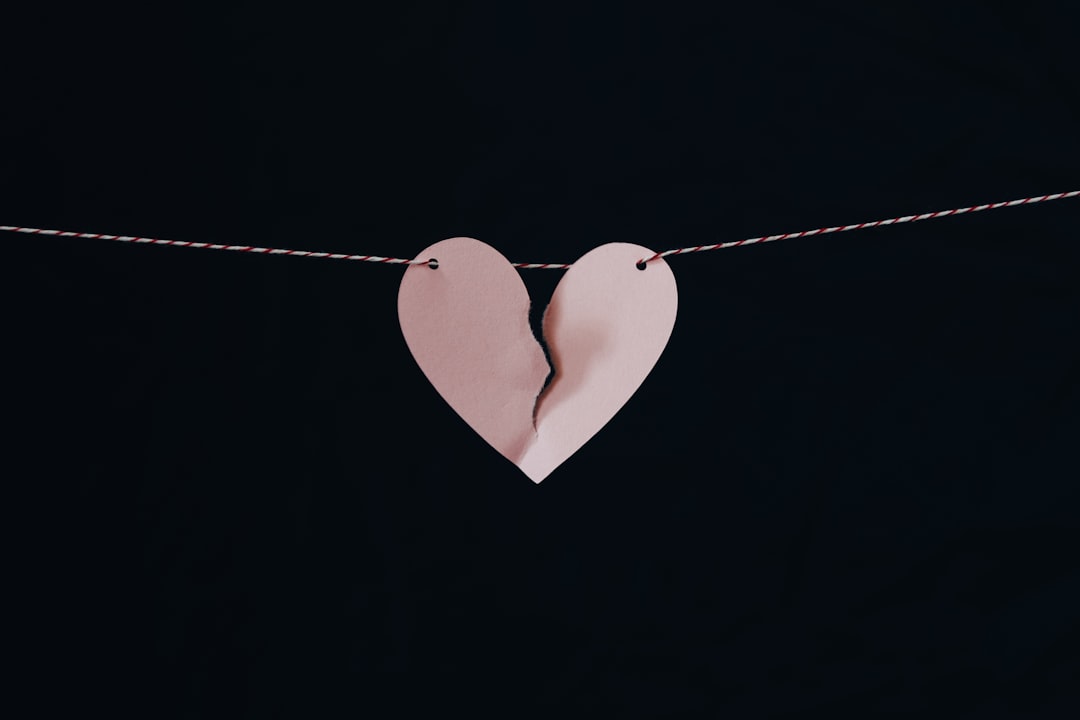
First things first—give yourself permission to feel. Divorce is a loss, and grief is a natural response. Cry, journal, talk to friends, or join a support group. Whatever you do, don't bottle it up. Your pain is valid, even if society tries to tell you to "just move on."

Clinging to love that isn't reciprocated can take a toll on your mental and emotional health. It may help to consciously reframe your thoughts. Instead of saying, "I can’t stop loving him," try, "Holding on to this pain will only keep me stuck." It's not about erasing the past but freeing yourself from its grip.
Actions matter, too. Stop checking his social media—yes, it’s hard, but it’s necessary. If you share kids, set boundaries about what is and isn’t discussed to protect everyone emotionally. Little habits like these make a big difference over time.
Think about this: who are you outside this relationship? Divorce is an opportunity—even if painful—to rediscover what lights you up. Take a cooking class, dust off that novel idea, or simply spend quiet time with yourself. Moving forward doesn’t mean erasing your love for him; it means nurturing love for yourself.
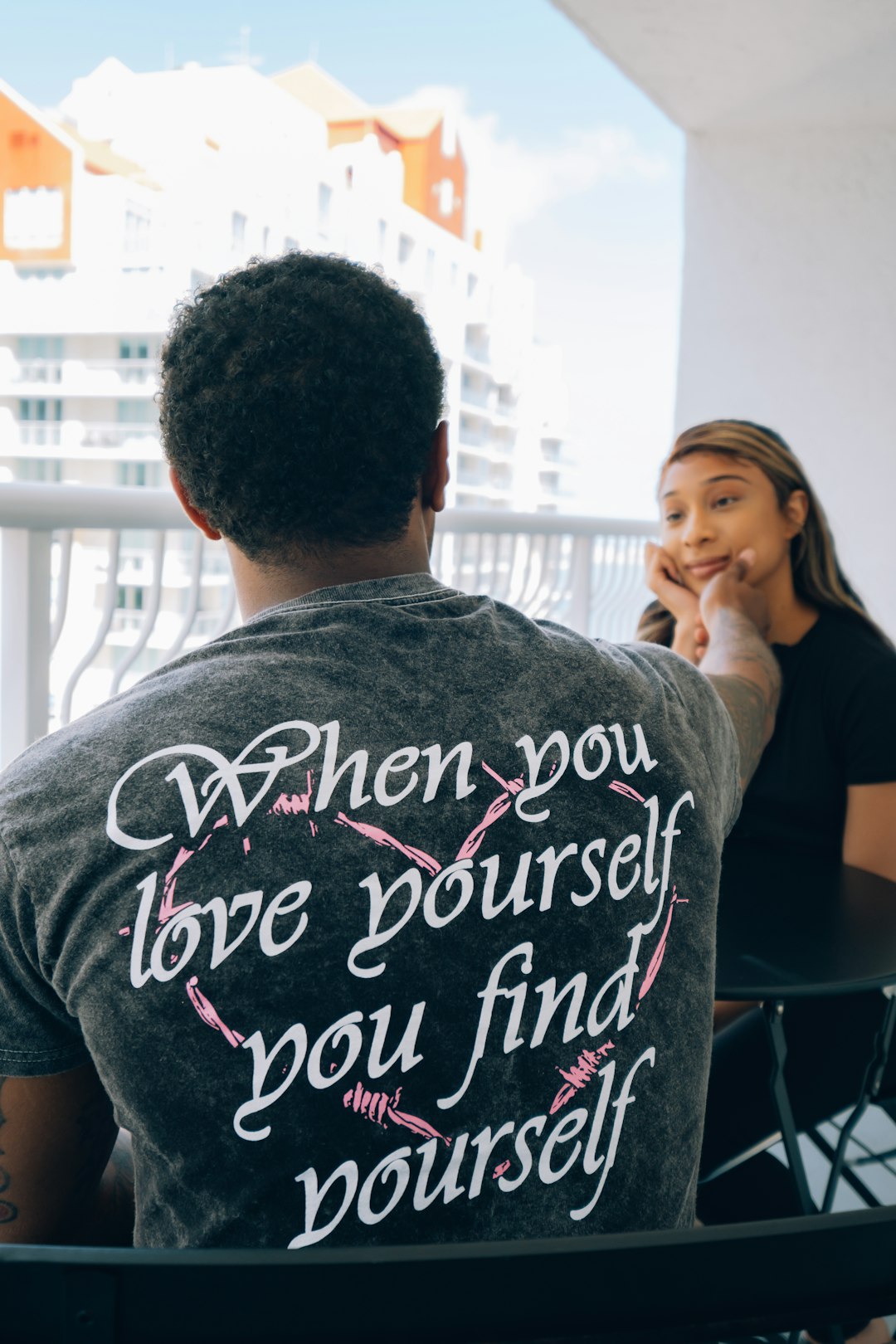
| What to Avoid | Why It Hurts | Better Alternative |
|---|---|---|
| Cyber-spying | Keeps emotional wounds open | Block or unfollow to focus on healing |
| Using Children as Messengers | Causes stress for them and you | Communicate directly or through a mediator |
| Sacrificing Self-Care | Delays your process of recovery | Prioritize hobbies, exercise, and rest |

You don’t have to do this alone. Whether it’s a best friend, sibling, or therapist, having someone to talk to can ease the load. Support groups specifically for divorce can also connect you with people who truly understand what you’re going through—and who might even inspire hope in a brighter tomorrow.

There’s no fast-forward button on grief, and that’s okay. Healing is a journey, not a sprint. Take one day at a time, and trust that time and intention can soften your heartache. Whether it’s through spiritual reflection, journaling, or therapy, find tools that work for you. You’re worth it.
Have you been through a similar experience or are navigating this now? Share your thoughts and ideas in the comments below—we’d love to hear how you’re moving forward.
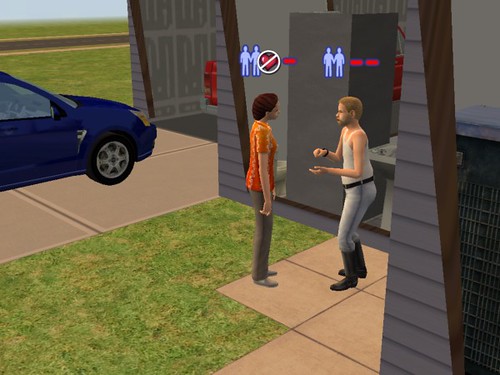
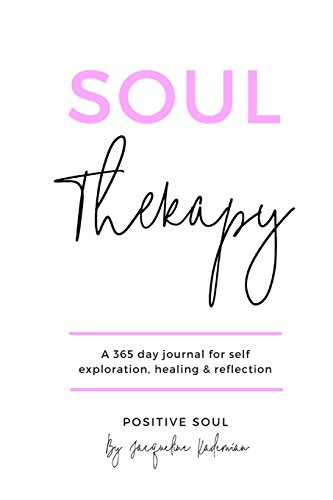
Embark on a transformative journey with "Soul Therapy." This 365-day journal is designed to inspire daily reflection, guide healing, and foster personal growth. Each page encourages self-discovery and mindfulness, helping you explore your deepest thoughts and feelings. With prompts crafted to ignite inner dialogue, it’s the perfect tool for anyone seeking clarity, peace, and a renewed sense of self. Discover your path to wellness and empowerment.
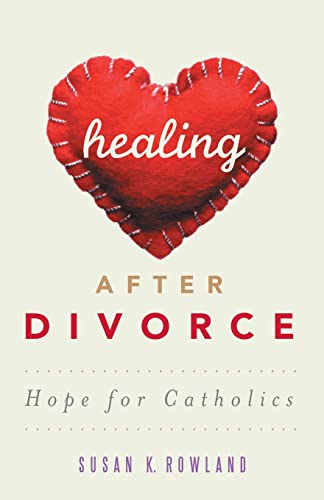
Discover a compassionate guide for navigating the challenges of life after divorce, specifically designed for Catholics. In "Healing After Divorce: Hope for Catholics," Susan K. Rowland offers insightful reflections and practical advice to help you rediscover peace and hope. This book addresses emotional healing and spiritual growth, providing a supportive resource for anyone seeking comfort and strength in their faith journey.
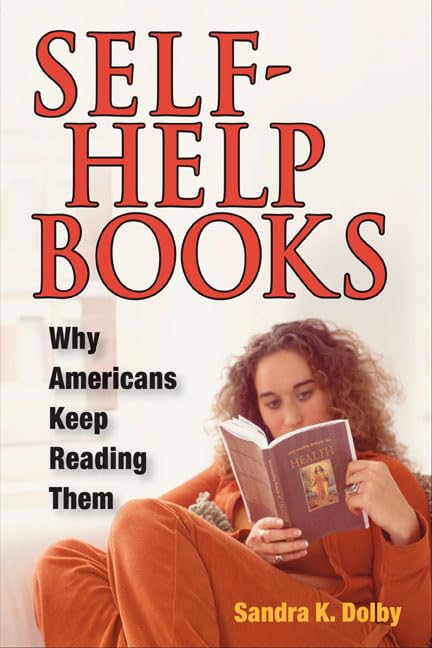
Explore the compelling world of self-help literature in this insightful book by Sandra K. Dolby. Discover the psychological and cultural reasons behind America's enduring fascination with self-improvement guides. This engaging analysis offers an overview of the genre's history, its profound impact on readers, and what this trend reveals about societal values. Perfect for book enthusiasts and cultural analysts alike.
Yes, it is possible to divorce someone while still loving them. Divorce often stems from issues beyond love, such as communication breakdown or unmet needs. It is important to recognize that love alone may not be enough to sustain a healthy marriage. Seeking counseling or therapy can help you process these emotions during this difficult time.
Coping strategies include allowing yourself to feel emotions, not isolating yourself, and focusing on self-care. Surround yourself with supportive people, avoid arguments with your ex, and engage in new hobbies or interests. Therapy can also provide a space to work through these emotions and help you move forward.
The healing process after a divorce varies for everyone. For some, it may take months, while others might need a few years. Factors like the depth of your emotional connection, support systems, and personal coping strategies all play a role. Patience and self-compassion are essential during this time.
While it can be challenging, shifting your perspective and focusing on self-growth can help. Try journaling your emotions, practicing mindfulness, and surrounding yourself with positive influences. Over time, reducing time spent dwelling on the past and creating new memories can help reduce emotional attachment.
Yes, therapy can be incredibly beneficial after a divorce. It provides a safe space to process difficult emotions, gain clarity, and develop healthy coping mechanisms. A therapist can guide you through the transition and help you focus on rebuilding your life positively and proactively.
We hope this guide has offered you a bit of clarity and comfort as you navigate the emotional turbulence of a divorce while still holding love in your heart. Remember, healing is a journey, and you're not alone in it. We'd love to continue offering support and sharing stories that resonate with you. If you're keen on uncovering how others are managing similar transitions, or if you just want to stay connected, be sure to check out our Pinterest for inspiring boards. You can also follow us on Instagram for daily snippets of encouragement and on Facebook where we share uplifting content catered just for you. Join our community, and let's carve this path together with compassion and understanding.